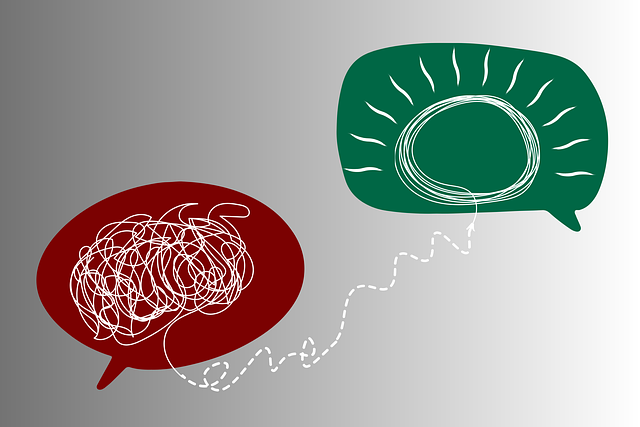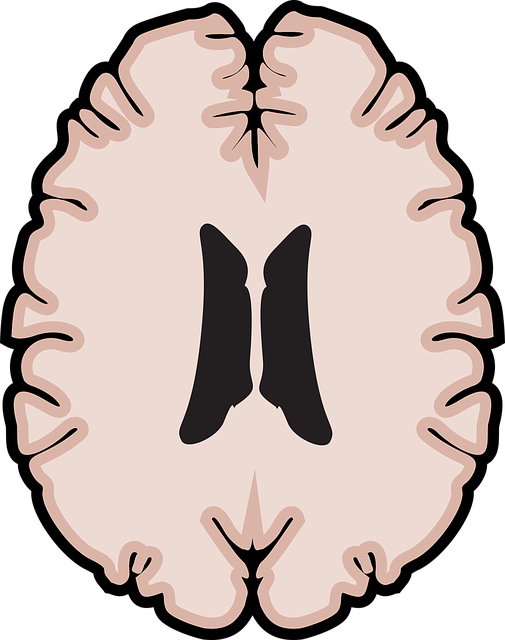Lone Tree Gambling Therapy employs a dual evaluation approach, combining structured surveys for quantitative data on participant demographics and behavioral changes with qualitative techniques like interviews and focus groups to capture personal growth narratives. This method provides a holistic understanding of program effectiveness, catering to diverse needs including trauma support. Stakeholder involvement, including clients, therapy providers, community leaders, and family members, ensures tailored mental health education programs that address specific conditions while considering cultural sensitivities, fostering open communication, and personalized treatment plans. The result is enhanced mental wellness and empowered individuals capable of overcoming gambling-related challenges for fulfilling lives.
Mental wellness program evaluations are crucial for gauging effectiveness and driving improvement. This article explores two key aspects: Assessing Program Impact through both quantitative data analysis and qualitative insights, and Stakeholder Involvement, focusing on gathering valuable feedback from diverse perspectives. We also delve into successful tracking strategies showcased by Lone Tree Gambling Therapy, offering practical methods to measure progress and identify areas for growth. Discover how these approaches enhance mental health initiatives.
- Assessing Program Impact: Quantitative and Qualitative Approaches
- Stakeholder Involvement: Gathering Feedback for Improvement
- Tracking Progress: Measuring Success and Identifying Areas for Growth with Lone Tree Gambling Therapy
Assessing Program Impact: Quantitative and Qualitative Approaches

Evaluating the impact of a mental wellness program involves a blend of quantitative and qualitative methods to gain a comprehensive understanding of its effectiveness. Quantitative approaches, such as surveys with structured questions, offer data-driven insights into participant demographics, engagement levels, and changes in symptoms over time. These can be particularly valuable for Lone Tree Gambling Therapy programs, providing measurable results on gambling behaviors and psychological well-being. For instance, tracking participation rates and self-reported improvements in mood or stress levels through standardized scales can highlight the program’s reach and efficacy.
Qualitative methods, including interviews and focus groups, delve deeper into participants’ experiences, offering rich narratives that quantitative data may miss. This approach allows for an exploration of personal growth, such as the development of inner strength and increased self-awareness (Inner Strength Development, Self-Awareness Exercises). Trauma Support Services often benefit from these methods, as they can uncover unique challenges faced by participants and the program’s ability to address them. By combining both quantitative and qualitative assessments, researchers and practitioners can gain a nuanced perspective on the program’s overall impact.
Stakeholder Involvement: Gathering Feedback for Improvement

Effective mental wellness program evaluation requires stakeholder involvement to gather diverse perspectives and feedback for continuous improvement, especially in areas like Lone Tree Gambling Therapy where addressing mental illness stigma reduction efforts is paramount. Engaging a wide range of stakeholders, including clients, therapy providers, community leaders, and family members, facilitates a holistic understanding of the program’s impact and areas needing enhancement. This collaborative approach ensures that the program design aligns with the evolving needs and cultural sensitivities in mental healthcare practice.
By incorporating feedback from various stakeholders, mental health education programs can be tailored to not only target specific conditions but also consider the unique challenges faced by diverse communities. This inclusive process promotes cultural sensitivity in mental healthcare practice, fostering a more welcoming environment for all individuals seeking support. Ultimately, stakeholder involvement strengthens the evaluation process, leading to better-informed decisions and more effective program modifications.
Tracking Progress: Measuring Success and Identifying Areas for Growth with Lone Tree Gambling Therapy

Lone Tree Gambling Therapy employs innovative evaluation methods to track progress and measure success. By utilizing a multifaceted approach, this therapy program identifies areas for growth while fostering inner strength development in individuals seeking support. The process involves regular assessments that gauge behavioral changes, emotional well-being, and coping mechanisms. These evaluations are instrumental in tailoring treatment plans to meet the unique needs of each client.
Furthermore, Lone Tree Gambling Therapy emphasizes open communication strategies, encouraging clients to express their experiences honestly. This transparent dialogue allows therapists to implement effective burnout prevention strategies for healthcare providers, ensuring a supportive environment that promotes healing. Through these comprehensive evaluation techniques, the program strives to enhance overall mental wellness and empower individuals to lead fulfilling lives free from gambling-related challenges.
Evaluating mental wellness programs is essential for ensuring their effectiveness, and Lone Tree Gambling Therapy offers valuable insights through its tracking methods. By combining quantitative data analysis with qualitative stakeholder feedback, this approach provides a comprehensive understanding of program impact. This dual-pronged strategy allows for continuous improvement, identifying areas for growth while celebrating successes. Incorporating these evaluation techniques enables programs like Lone Tree Gambling Therapy to enhance their services and better support those seeking mental wellness solutions.














